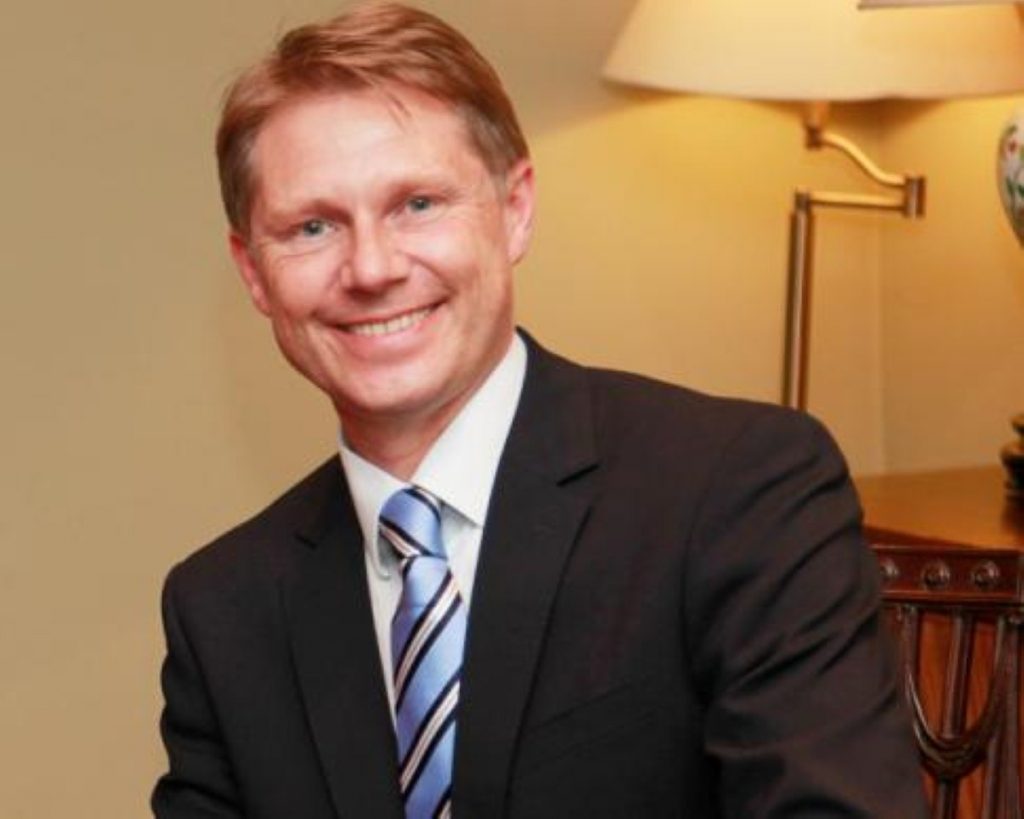Comment: Time for proper scrutiny of the BBC
By David Morris
Tomorrow's culture, media and sport select committee election is shaping up to be one of the most memorable battles in the – admittedly dreary – history of select committees. Officially at stake are three places on a prestigious committee but in reality with racism in football, the Leveson inquiry and the biggest crisis to hit the BBC in 50 years, it is so much more.
I declared myself a candidate for one of the seats just before recess, and even then we couldn't have predicted just how shocking developments would be. At time of writing the editor of Newsnight has resigned and it's fair to expect further heads to roll. I don't have a problem with those who stood by being punished, and those that covered it up are almost as guilty. But we cannot shy away from the fact that Savile's alleged wrongdoing has been compounded by a lack of media scrutiny of the BBC.
As a candidate in this election I am focusing on changing that. I have to say when I was first elected I popped down to the Table Office with a few questions about the BBC, only to find MPs have no right to question them. In fact if MPs are unhappy with the BBC there is really very little we can do.


David Cameron once said that sunlight disinfects, and if that's true then the lack of sunlight focused on the BBC has got to have contributed to the mess they are currently in.
With that in mind I would like to propose three very simple changes to the BBC's governance that I believe would go a long way to shedding light on the workings of this much loved but opaque organisation. They are:
• Having some form of oversight of the appointment of the director-general by the House of Commons. My own thought is that we could ask the culture, media and sport select committee to vote to accept the appointment. If the committee rejects the appointment it could be put before the whole House for a vote. If the candidate fails to get a majority in either of these he or she would not be appointed. But whatever the system, elected representatives should have a say.
• Giving MPs the right to table parliamentary questions to the BBC, and requiring them to answer. The Church Commissioners appoint representatives to answer on their behalf; there is no reason why this system cannot be appointed to the BBC. Equally if this is not possible then the right to table written questions would be a step in the right direction.
• The culture, media and sport select committee should have regular oversight of the actions of both the BBC and the BBC Trust. I would like to see formal regular contact and regular hearings not just when things go wrong.
These three proposals are not difficult. Plenty of organisations are subject to elements of this and they survive perfectly well.
We can never right the wrongs of the past fully, but by bringing them into the open and learning from them we can move forward. I hope that I get the opportunity to fight for these things on the culture, media and sport select committee.
Whatever happens, this election has been a rare chance for MPs to debate the future of the BBC. Let's not wait another 50 years to do it again.
David Morris is the MP for Morecombe and Lunesdale. Follow him on Twitter.
The opinions in politics.co.uk's Comment and Analysis section are those of the author and are no reflection of the views of the website or its owners.












